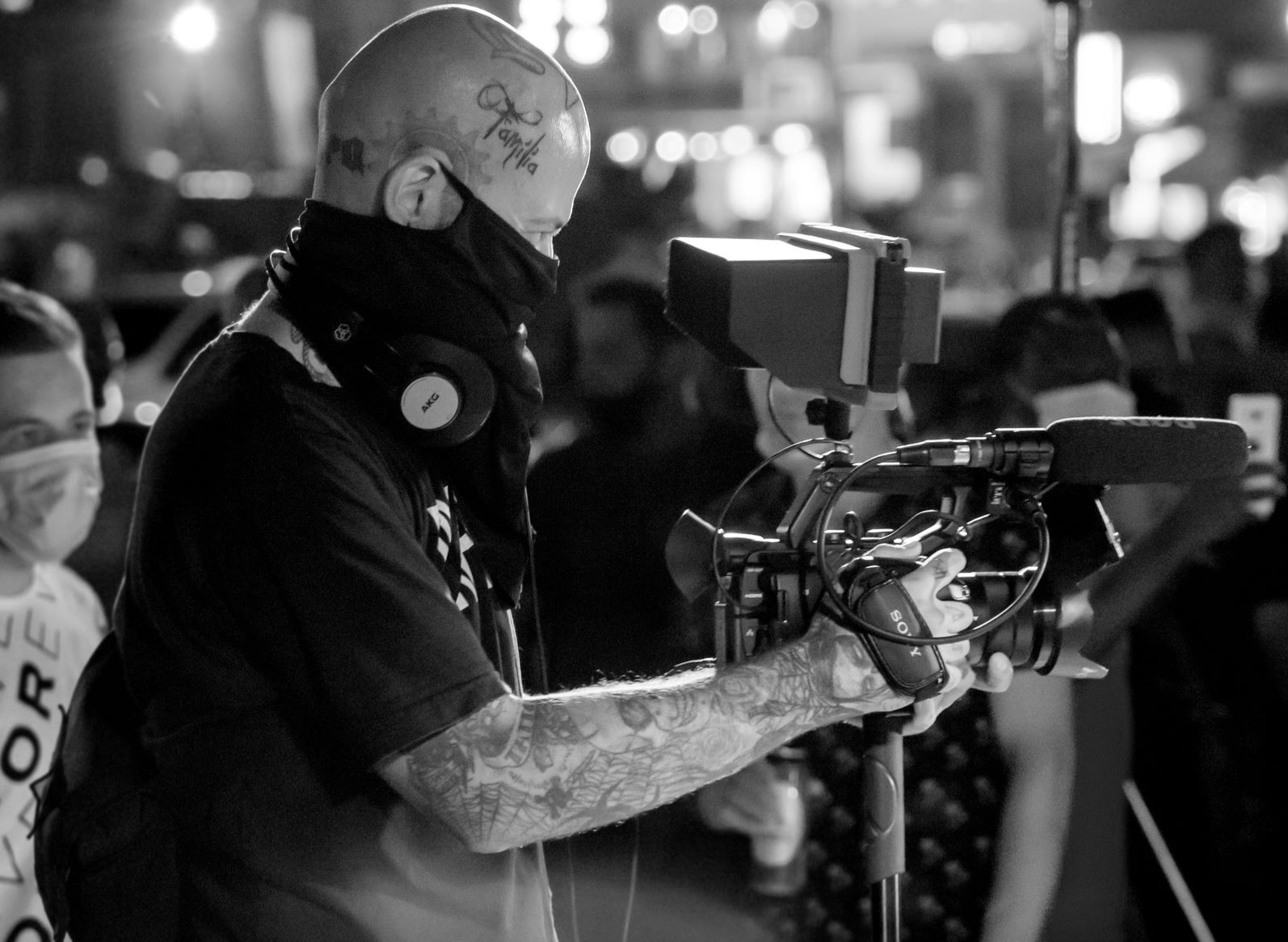- Pics & Vids
- 18 Aug 21

35-year-old Fellipe Lopes has made Ireland his home since moving from Brazil over 9 years ago. Having studied communications and photography in São Paulo and London, the filmmaker and activist became involved in communications for non-for-profit organisations. Here, he reports on his experiences on the Greek island of Lesbos, where asylum-seekers are gradually being drained of hope...
In December 2019, I came to Lesvos with Irish activist Caoimhe Butterly. At that time, the Moria camp was home to more than 20,000 people in a space designed for 3,000. The camp was a "time-bomb" facing several structural problems with security, food, education, housing and basic hygiene – leading many to denounce the conditions under which people were kept as inhumane. There was also a lack of crucial support, information or safeguarding for those navigating the complex asylum procedure.
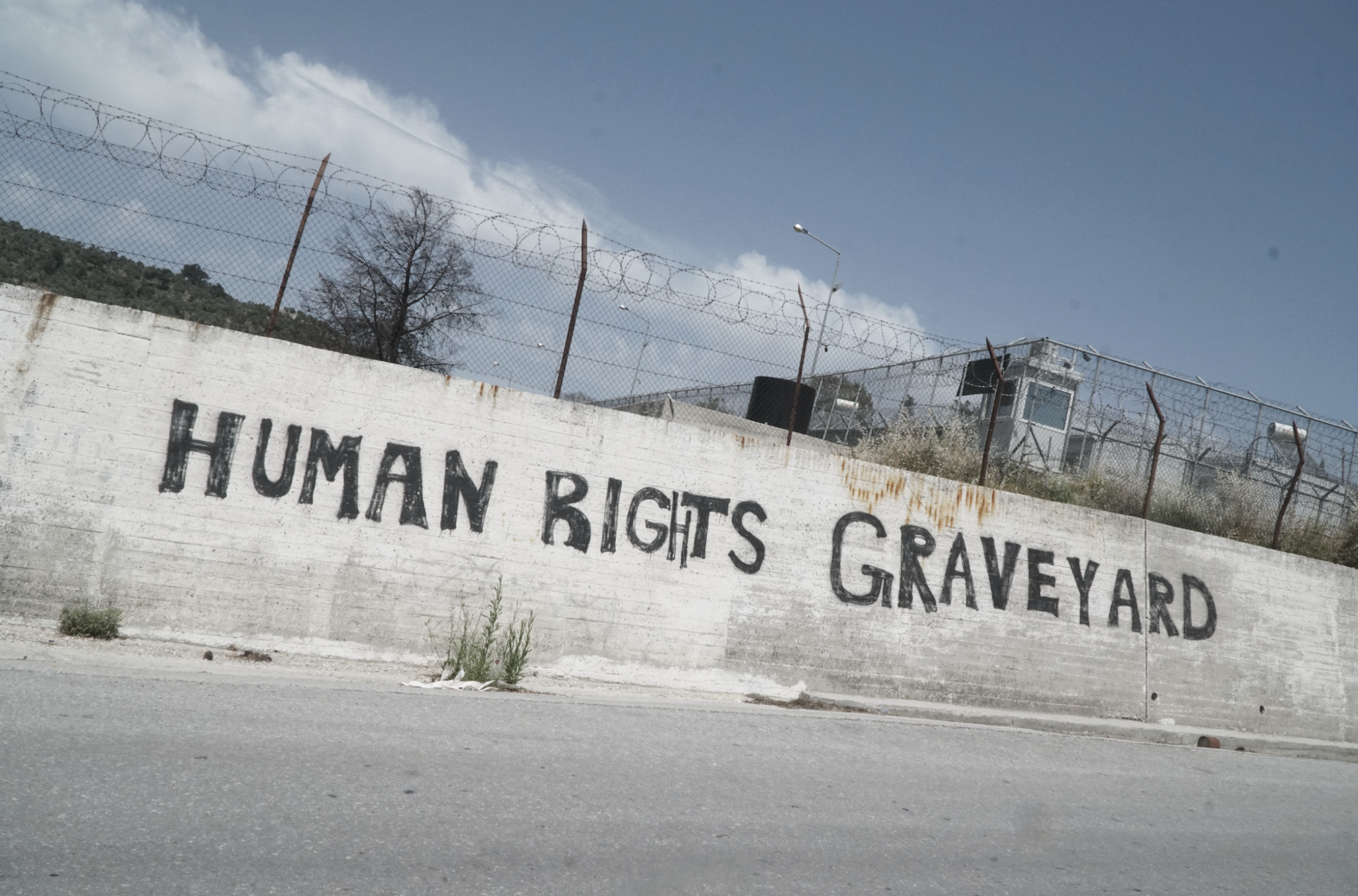
Worse was to come. After the fire that destroyed the Moria camp in September 2020, over 12,000 people were displaced onto the streets of Lesvos. The peaceful protests of asylum-seekers and their children were tear-gassed by police. Medical and human rights organisations, civil society groups and parliamentarians called for the evacuation of all people who had to flee Moria camp from the island, and an end to the migration approach of trapping people in such undignified and dehumanising conditions.
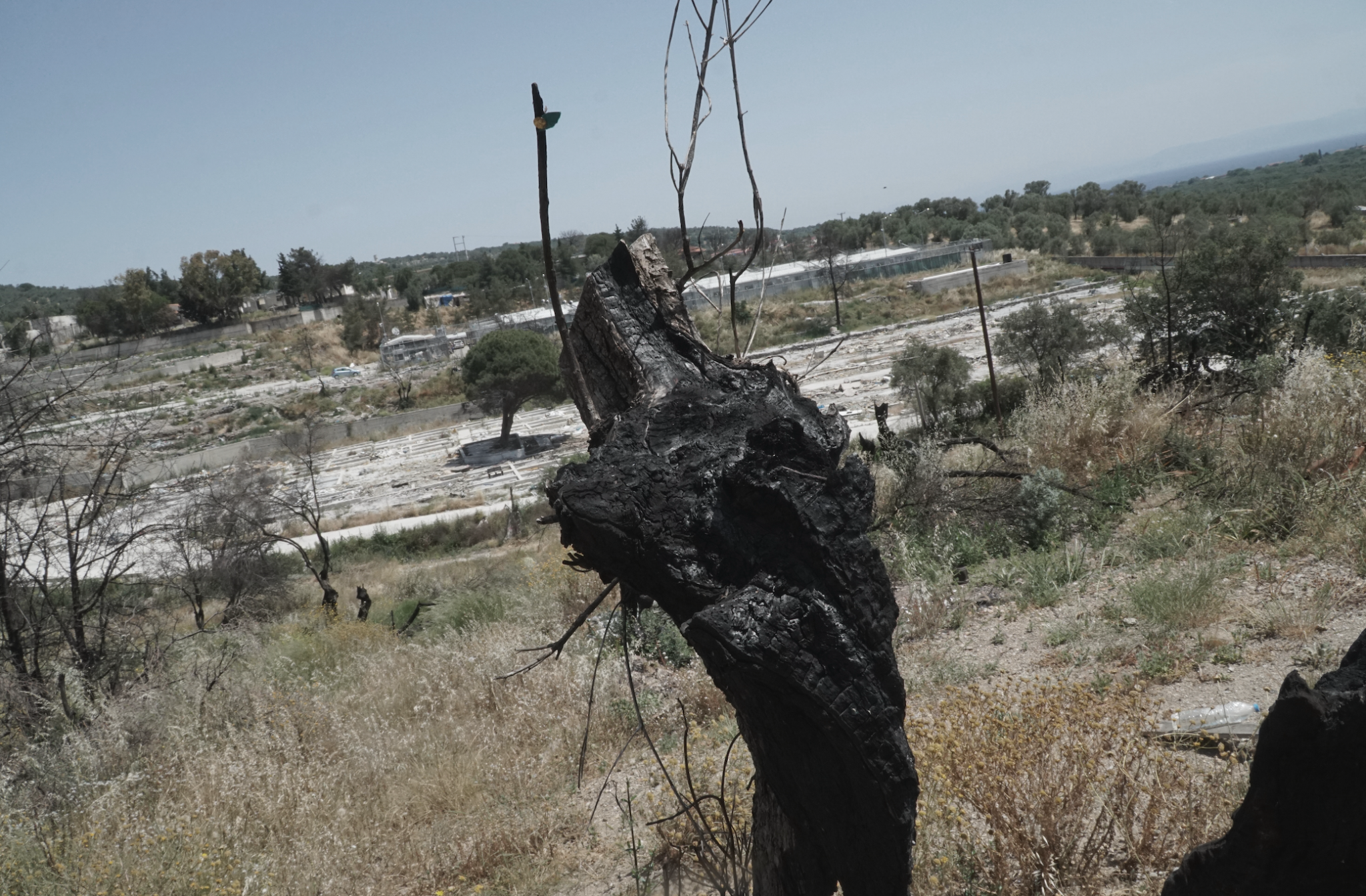
Most people were coerced into a new ‘temporary’ camp on Lesvos, and remained there through the winter months. Some have now been evacuated from Lesvos and transferred to Athens or other locations in Europe, under international protection programs. But thousands of people still remain in the camp, and their problems are only increasing.
Advertisement
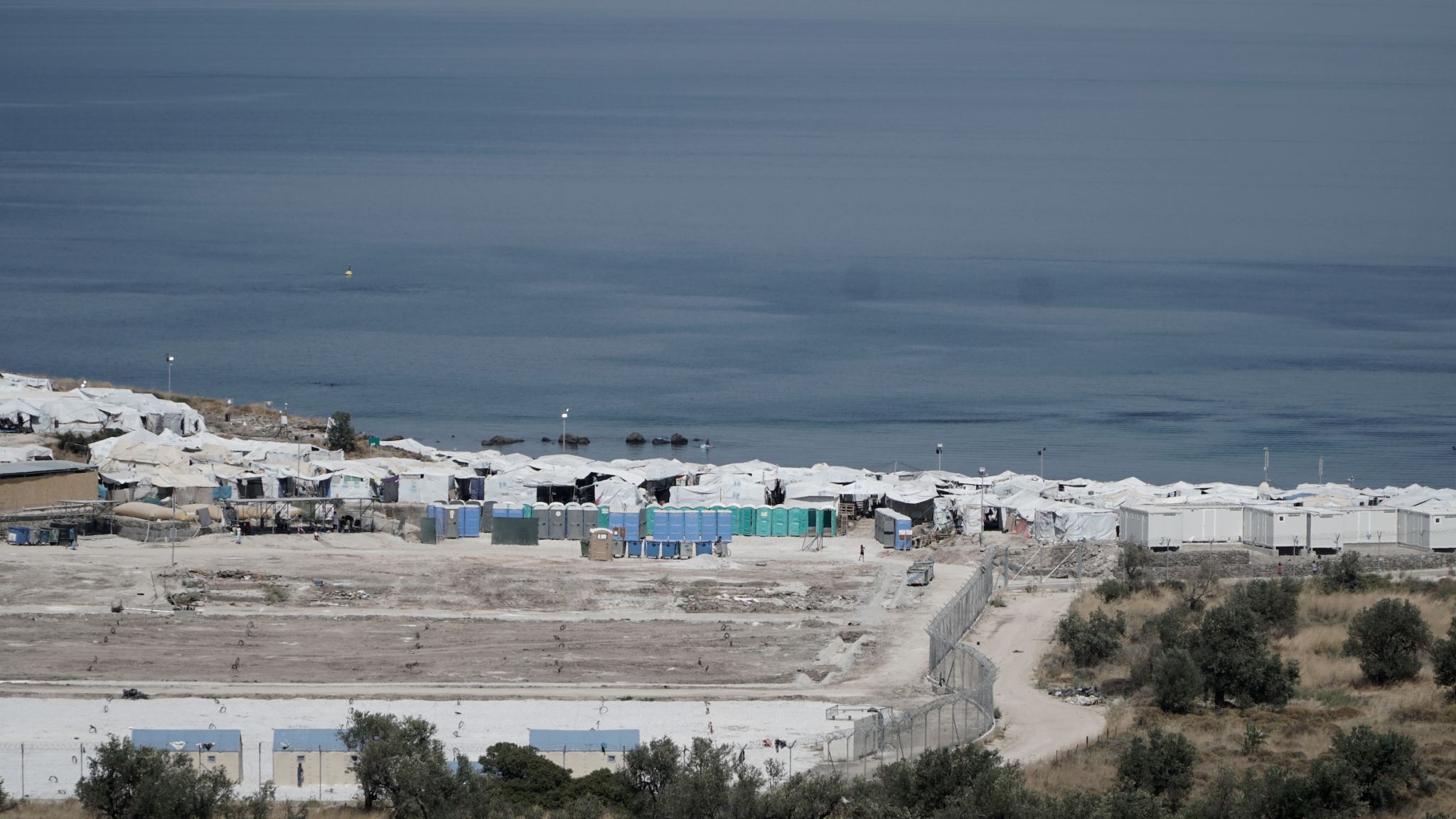
In May of this year, I returned to Lesvos to work for The Hope Project Greece, an NGO that has been providing support to refugees on the island since 2015. In my conversations with several camp residents, it becomes clear that, to them, this new camp is worse than Moria.
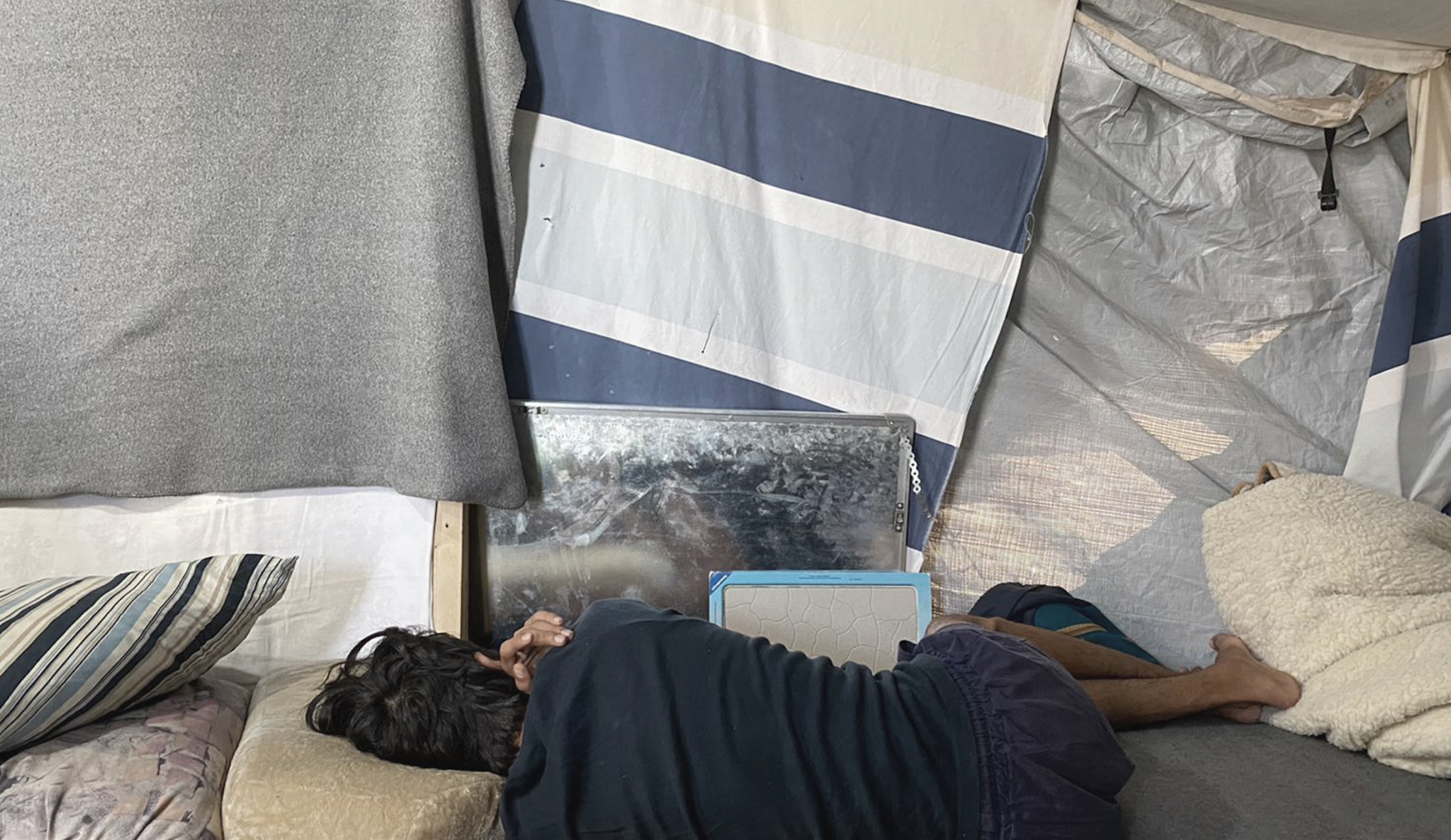
It is located at the coast, on an exposed, low-lying plain close to the capital of Lesvos, Mitilini. In the winter, they had to contend with freezing temperatures, frequent flooding, and fires from electrical faults and unsafe heat sources. Now, Greece has been experiencing a very hot summer, with temperatures reaching 42 degrees, and residents live inside tents in the sweltering heat.
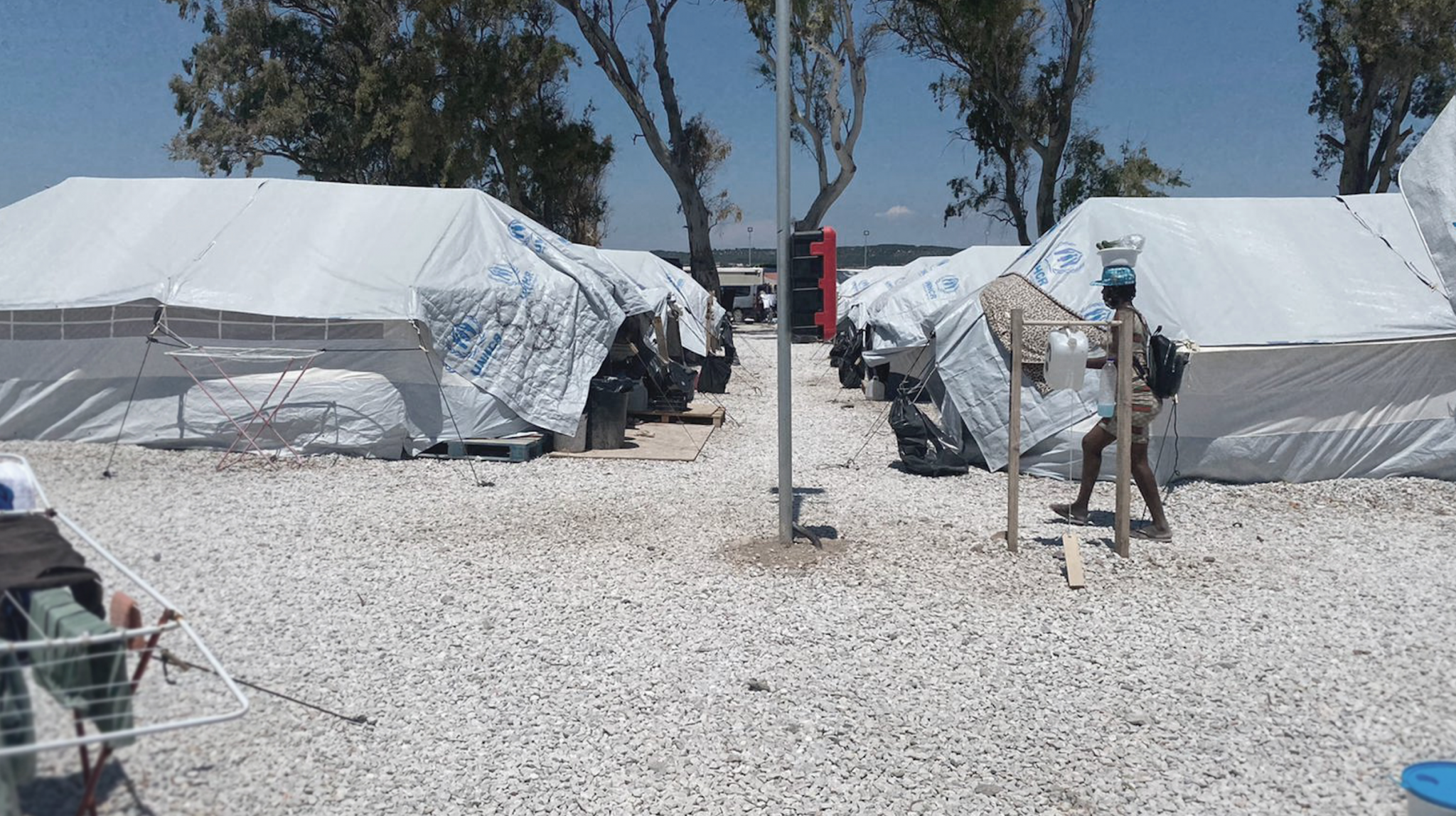
On top of that, a common complaint of those I spoke with is the lack of freedom. This new camp is heavily monitored by the Greek police and army, who tightly control the flow of people leaving and entering. The ability of asylum seekers to leave the camp is extremely restricted. In addition, journalists are not allowed to report the reality inside the camp.
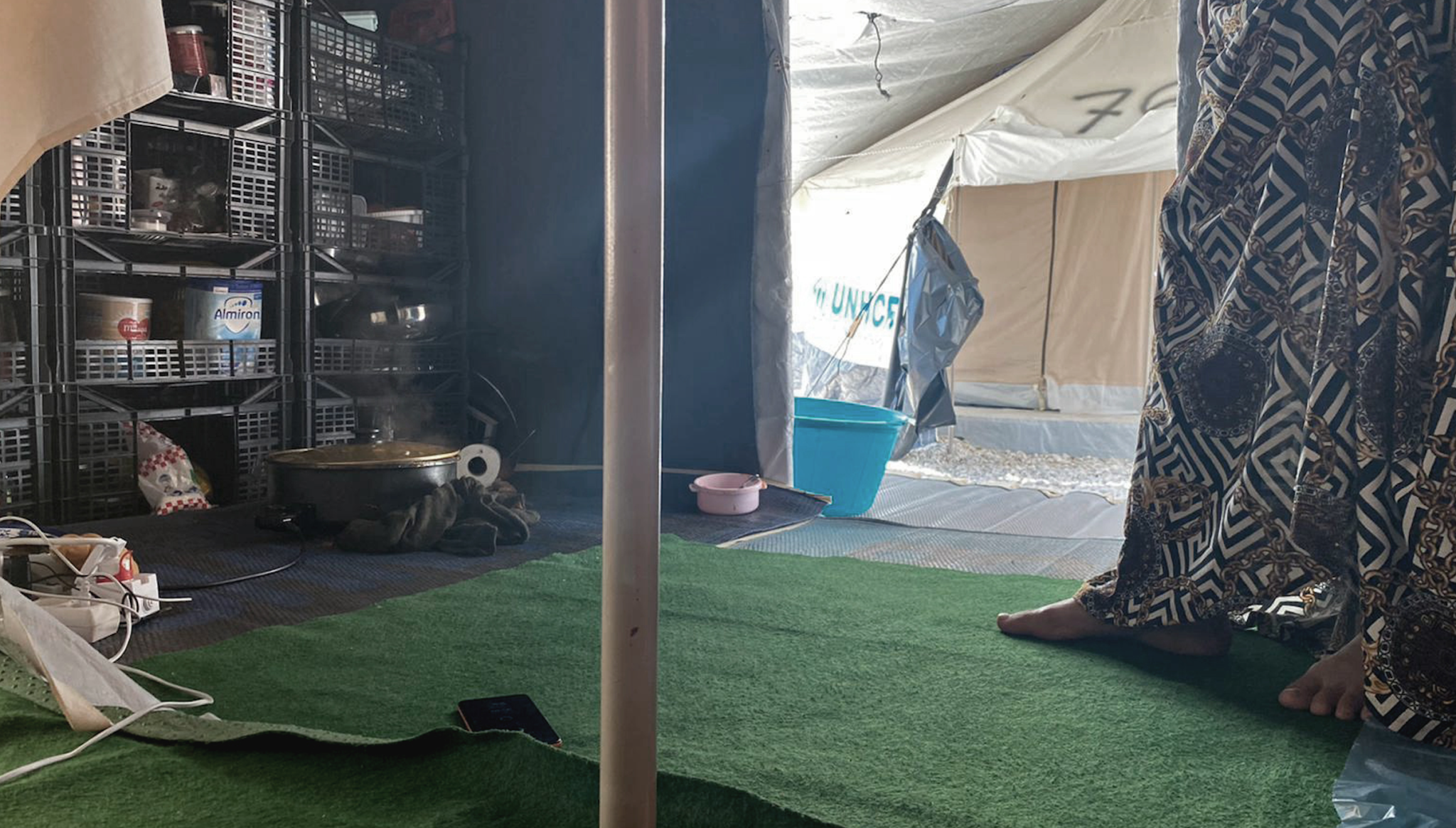
Advertisement
Access to school, sports, cultural activities and even to medical care outside of the camp is restricted. Within the camp there is little in terms of recreational space and there are no safe spaces for children to play.
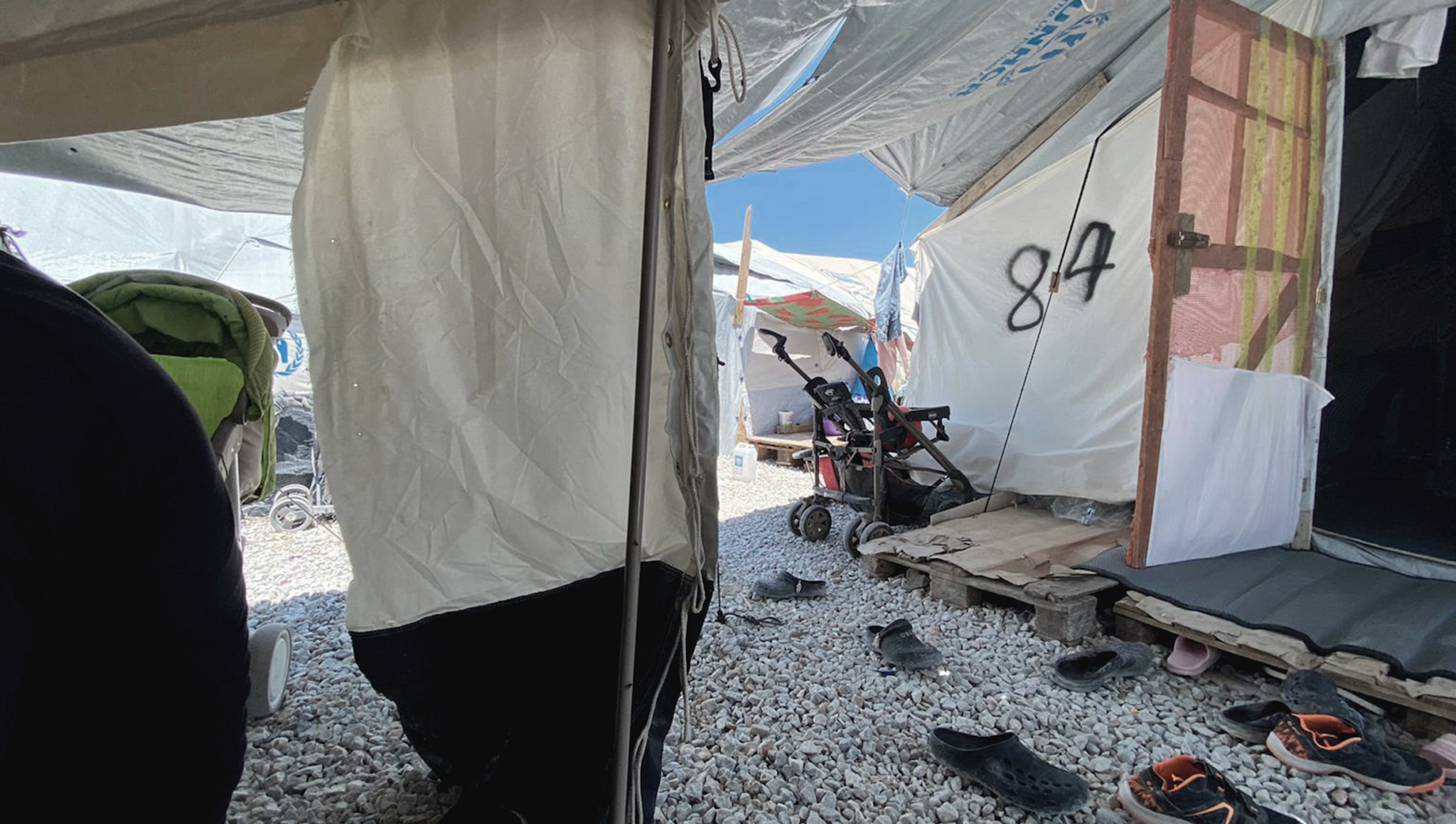
The pandemic created a very challenging environment within the camp. The restrictions on entry and exit from the camp, the slow vaccination program and lack of freedom to access organisations that are working outside the camp to access cultural activities have made life for camp residents much more difficult and draining.
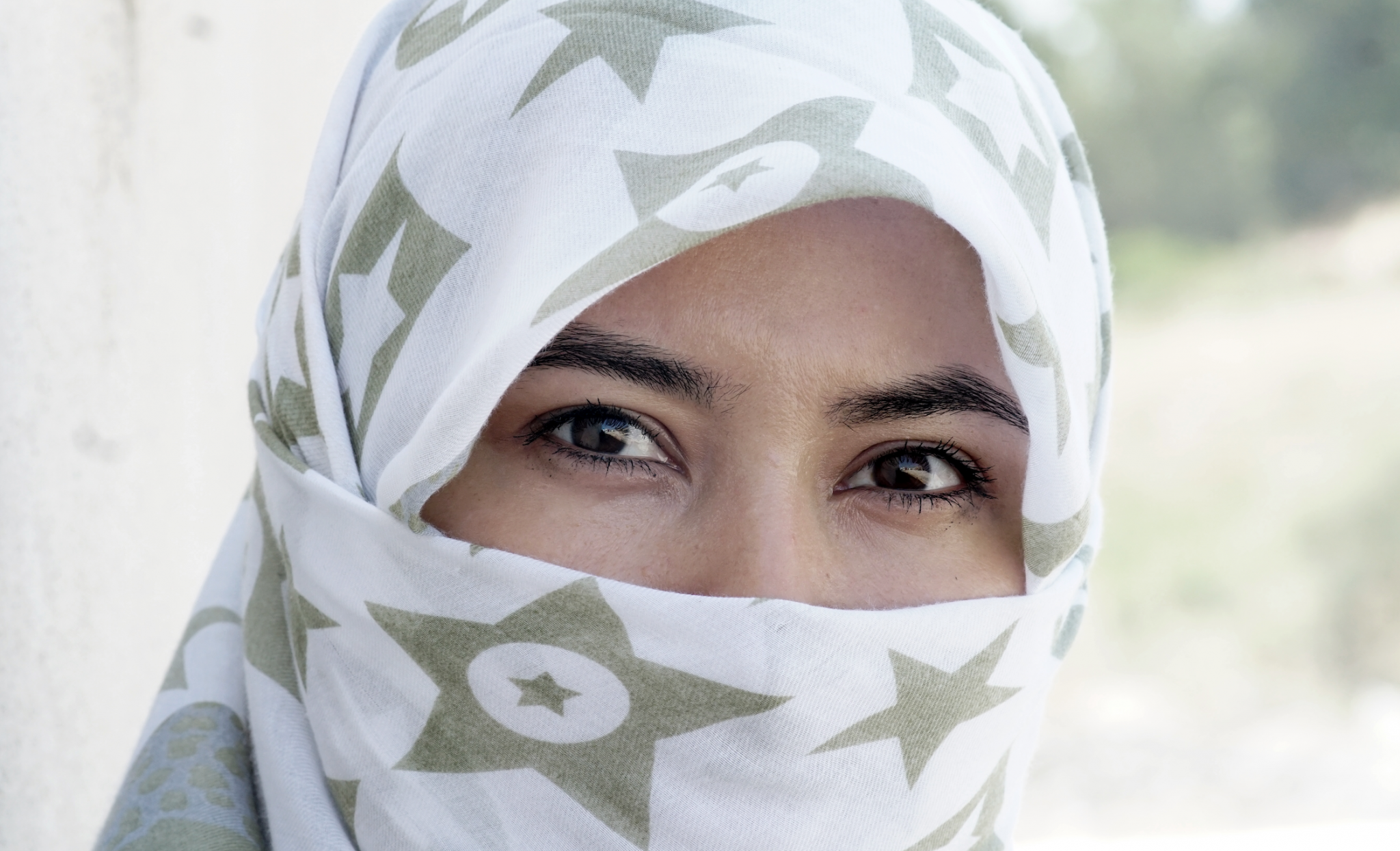
Another huge challenge is the long wait in processing asylum applications. There are several people waiting for some resolution in their cases for more than five years.
Mohsen is a refugee from Iran who has been living in Lesvos for over five years, waiting for a determination on his case. During our conversations, he told me how painful it is to be waiting here for so long, knowing that his son is in Iran. The distance and the waiting game both hurt Mohsen.
"Try to imagine what it's like to be separated from your child, it's not a good feeling," he told me.
Advertisement
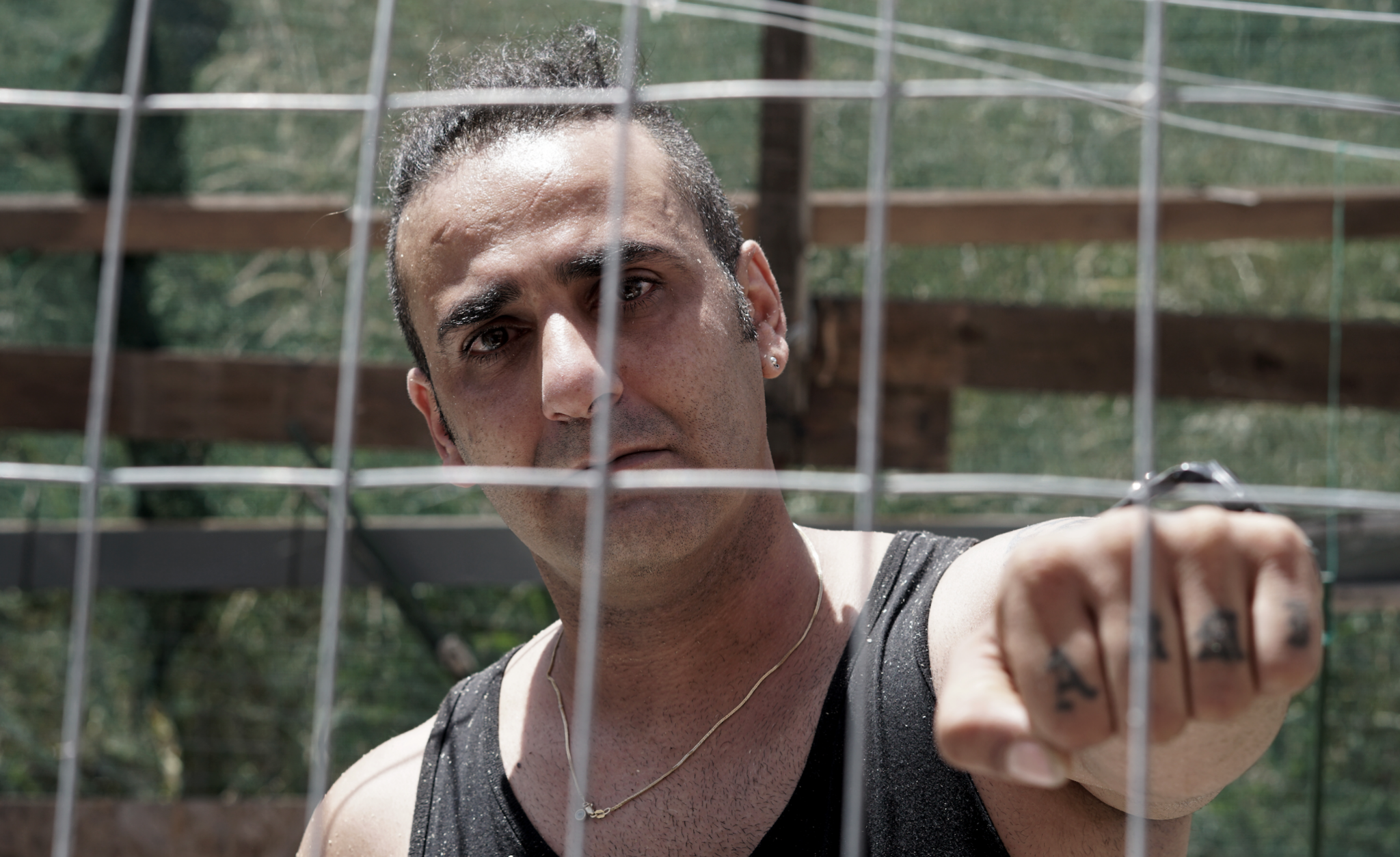
It is clear that the system that is in place is damaging these people – not only physically due to the inhuman conditions that these people live on and off the field, but also psychologically. Many young people face mental health problems and many of them do not have access to, or support from, local authorities.
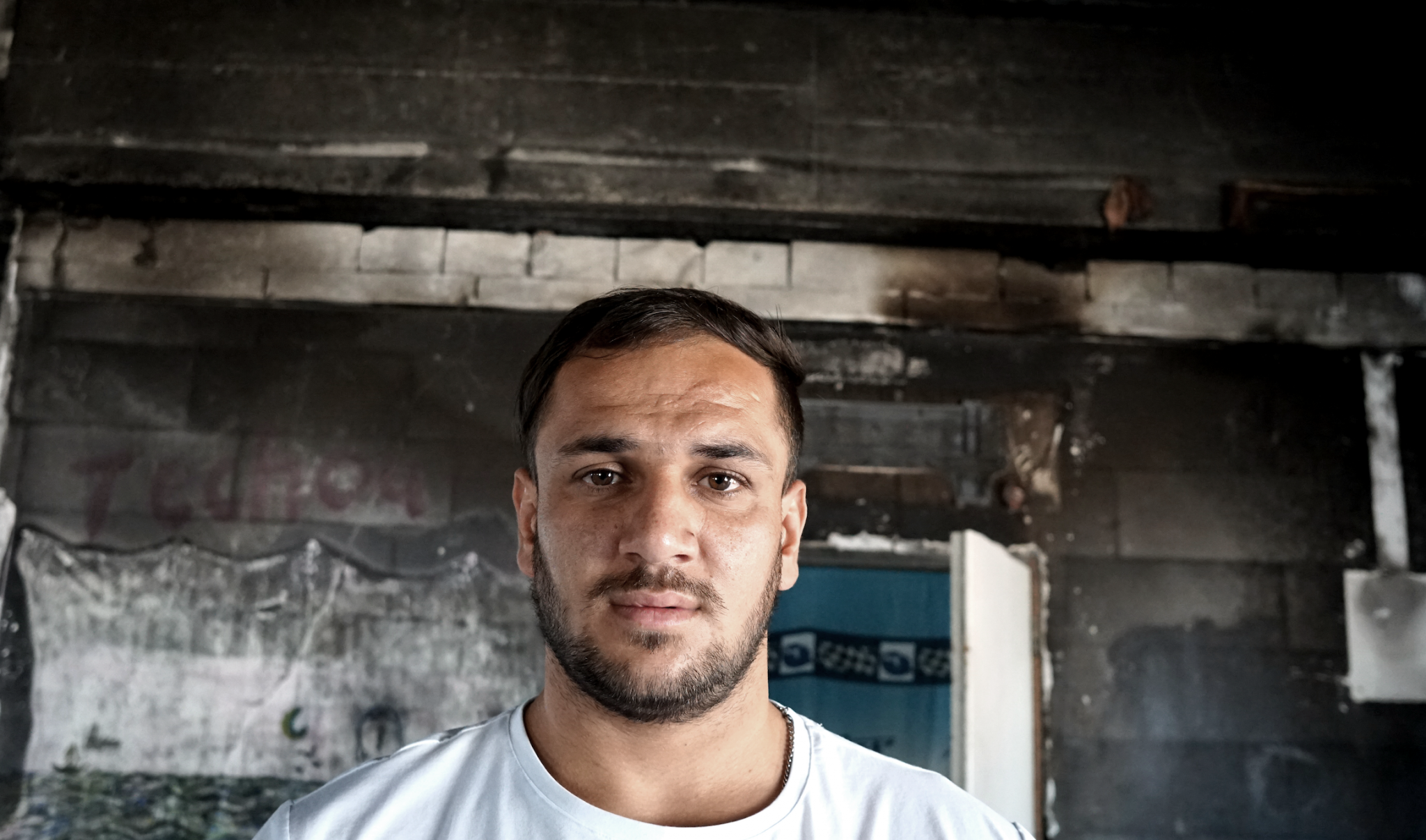
In June 2021, the Greek government announced its controversial decision to list Turkey as a ‘safe third country’ for asylum seekers from Syria, Afghanistan, Pakistan, Bangladesh and Somalia: nationals from these countries make up about 70 percent of asylum applicants in Greece.
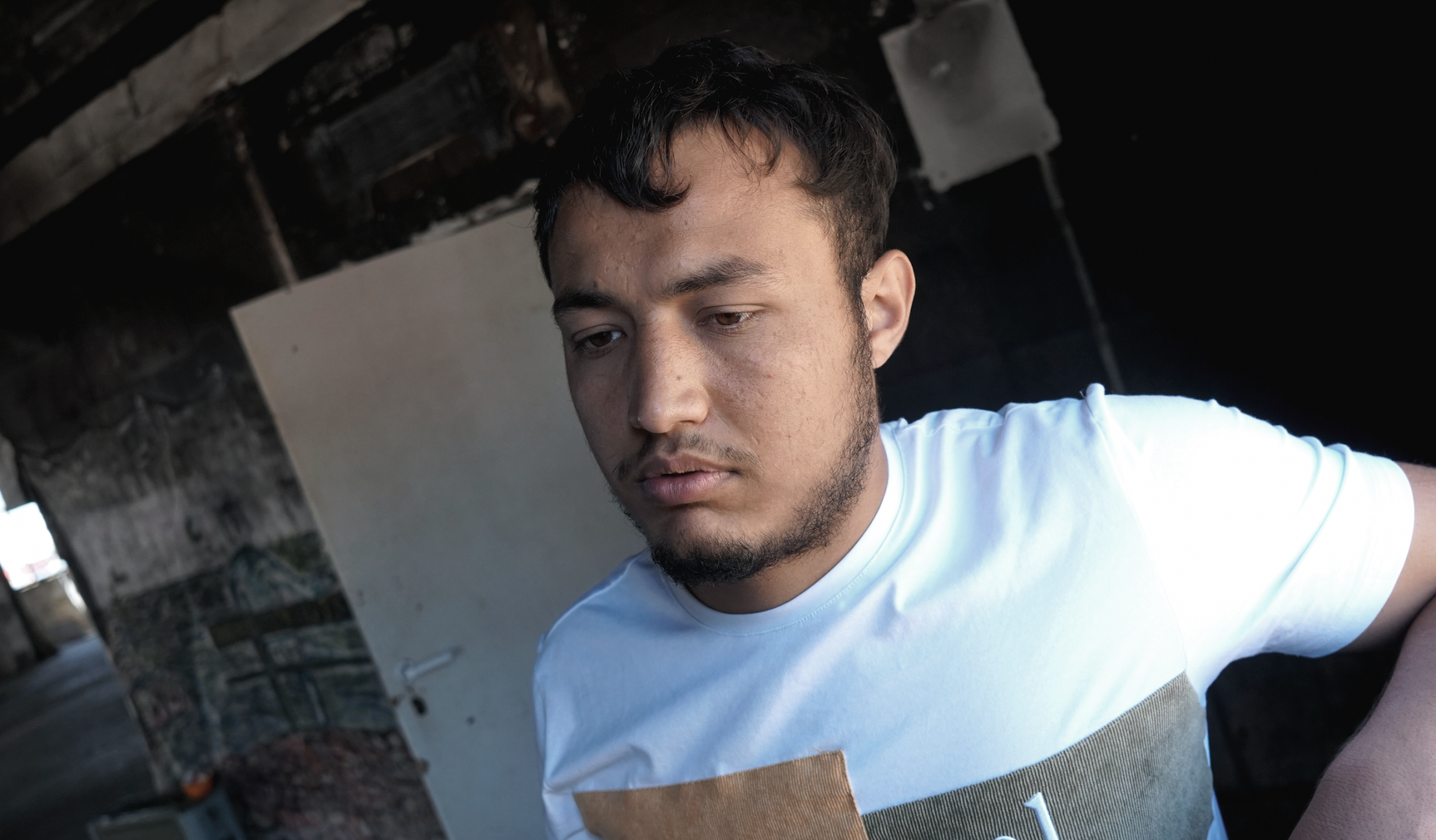
As a result, thousands of asylum-seekers in Greece are now in an even more precarious situation and at risk of deportation, their futures full of even deeper uncertainty. Muhamad is one of these people.
I spent a lot of my time talking to refugees living both inside and outside the camp. One day, I was walking with my friend from Syria in Mitilini and we met Muhamed, also from Syria.
Advertisement
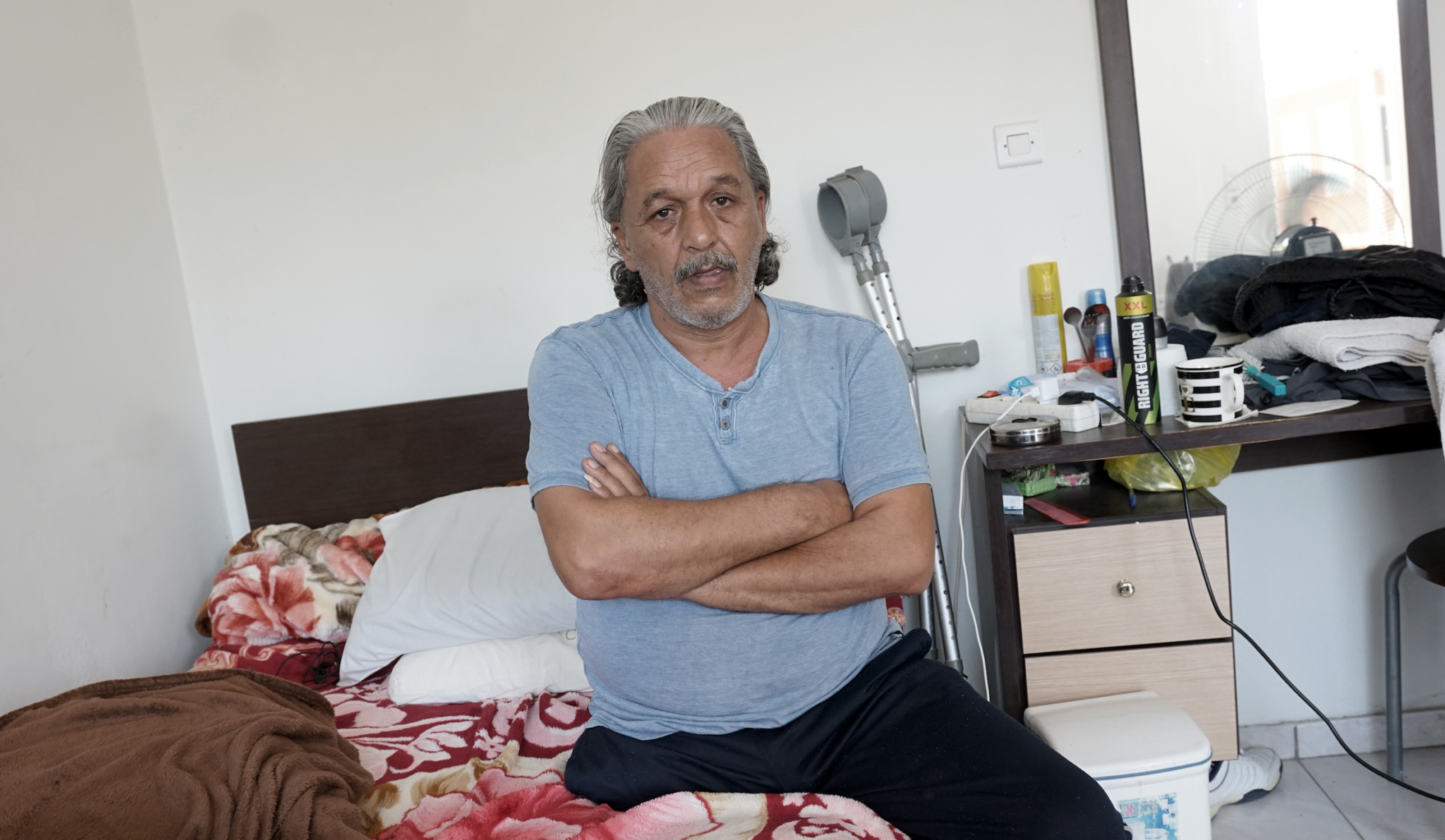
Back home, Muhamed, lost his leg and his two sons in the war. After a long journey from Syria to Lesvos, he now lives in a support house, where he has been waiting for almost a year for a complex surgical procedure on his leg and a resolution in his case. The rest of his family waits in Syria.
I have told Muhamed's deeply moving story in a short documentary, which will premiere on hotpress.com.
Unfortunately many asylum seekers on Lesvos are now at risk of being detained and ultimately deported. While they wait in total uncertainty, they endure inhumane living conditions every day, and their sense of desperation is increasing.
How could it be otherwise? These people have endured much in fleeing their homes and on the extremely dangerous journey to Europe. Once they arrived here, humiliation, lack of solidarity and disrespect became a recurrent theme in the lives of many seeking a better life. Now, with the addition of Turkey to the list of "safe" countries, they feel that they are being betrayed again.
Sadly, it is impossible to disagree.
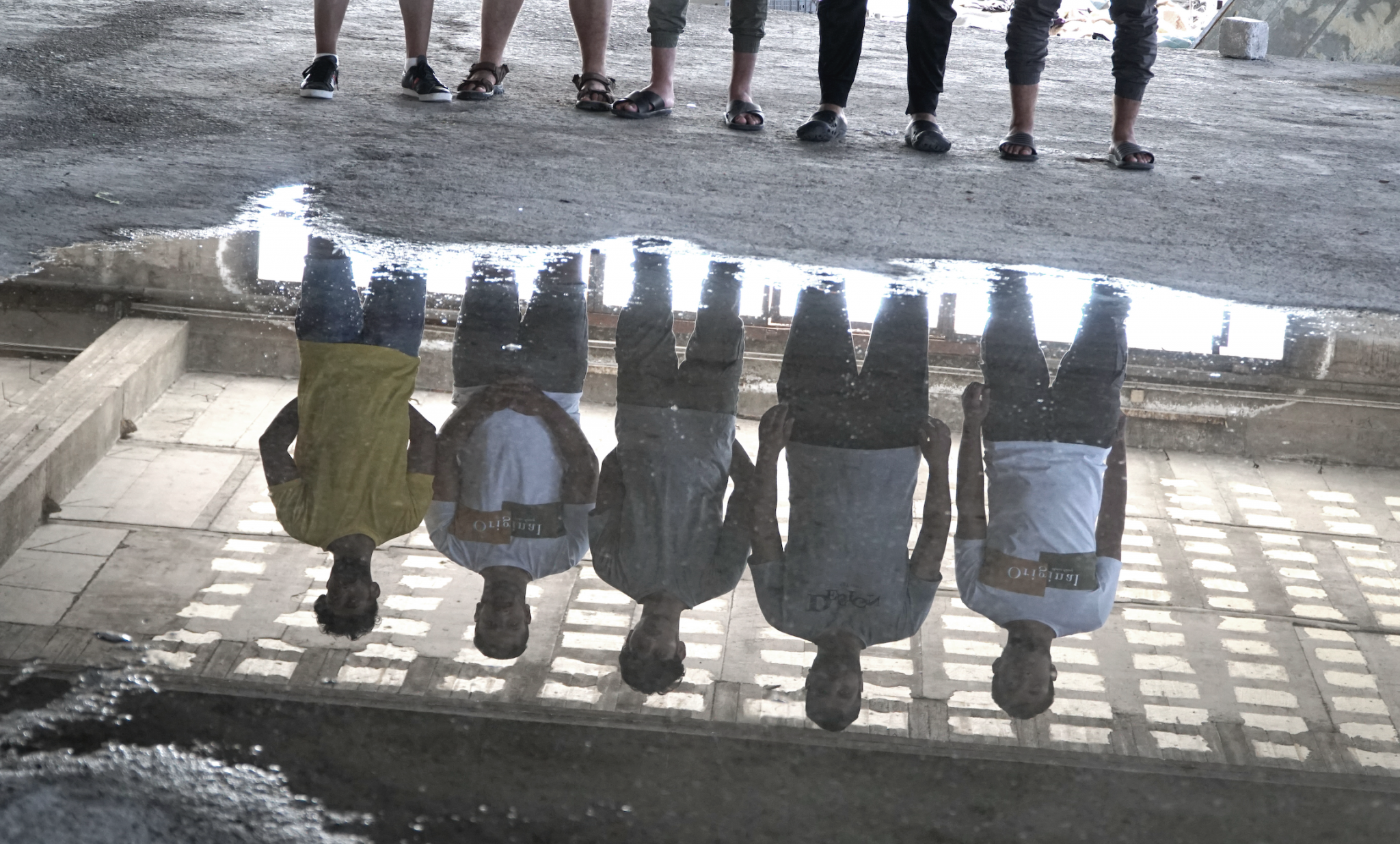
Advertisement
Fellipe Lopes has directed and reported photo essays and documentaries on human rights and environmental injustices for global organisations such as WWF Brazil, SOS Amazon, ICM Bio Brazil, IMC Acre, Forest Foundation, Irish Environment Network, Pieta House, World Vision, European Environmental Bureau and other NGO’s and Media outlets, striving to protect our future and report the injustices around the world. He has also tutored educational programs and workshops with NGOs and projects in Ireland for the likes of EcoUnesco, Dublin Business School, Irish Environmental Network, Sligo Environmental Network, Stand, The Humanist Association of Ireland, Concern Worldwide and Oxfam Ireland. To read more about Fellipe or explore his work, visit fellipelopes.com.
